I swear, finance is supposed to be complicated. Maybe it’s an intricate plot by banks to keep their financial advisors employed and the revenue coming in!
Okay, probably not, but finance can still feel way more complex than it is.
Most of my financial knowledge has been gained through books, podcasts, and practice, rather than textbooks. If you don't know where to start, here are a handful of finance books that are generally regarded - by me and others - as being the best.
Whether you want to grow your wealth or learn how to budget effectively, these are the best personal finance books to read.
PS: if you're looking for corporate finance books, I put a separate list together for that exact purpose.
17 Best Finance Books
Here are the best finance books, in no particular order. Keep reading to learn why each one made the list:
- Rich Dad Poor Dad by Robert Kiyosaki
- The Intelligent Investor by Benjamin Graham and Jason Zweig
- The Simple Path to Wealth by J.L. Collins
- The Millionaire Next Door by Thomas J. Stanley and William D. Danko
- The Total Money Makeover by Dave Ramsey
- Your Money or Your Life by Vicki Robin and Joe Dominguez
- Broke Millennial by Erin Lowry
- The Little Book of Common Sense Investing by John C. Bogle
- I Will Teach You to Be Rich by Ramit Sethi
- A Random Walk Down Wall Street by Burton G. Malkiel
- The Richest Man in Babylon by George S. Clason
- The Automatic Millionaire by David Bach
- The Snowball by Alice Schroeder
- The One-Page Financial Plan by Carl Richards
- Retire Before Mom and Dad by Rob Berger
- The Financial Diet by Chelsea Fagan and Lauren Ver Hage
- Think and Grow Rich by Napoleon Hill
Overviews Of The 17 Best Finance Books
Here’s a quick summary of each book, what you’ll learn, and why you should read it, plus a quote I like from the book. I added the author’s LinkedIn and other places to connect with them online.
1. Rich Dad Poor Dad by Robert T. Kiyosaki
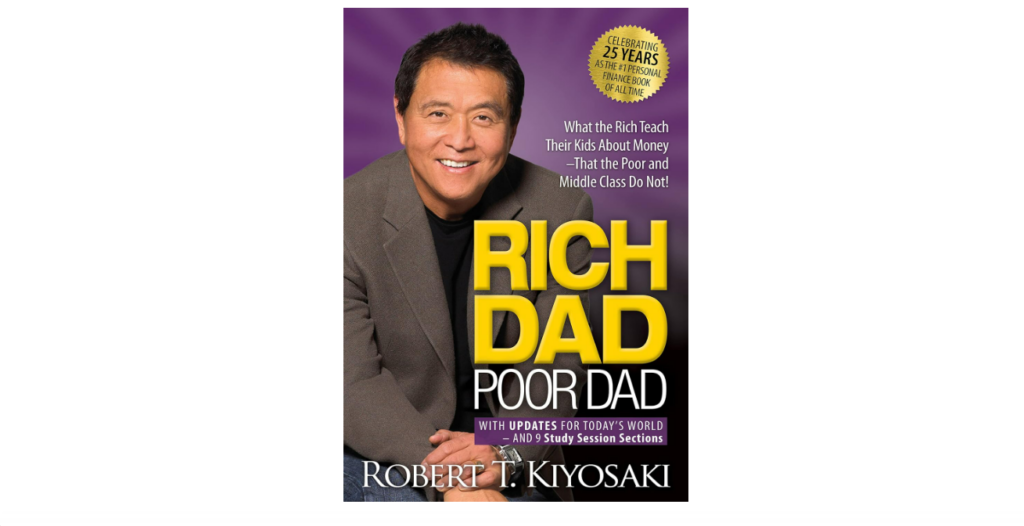
Summary:
Rich Dad Poor Dad is a classic personal finance book that challenges conventional wisdom about money, investing, and wealth-building.
Kiyosaki shares insights from his two father figures - aka, his rich dad and his poor dad - contrasting their financial philosophies and practices to show you how best to think of your own finances.
What You'll Learn:
Readers gain insights into managing money effectively, the importance of financial education, and how to think about assets and liabilities.
Most of all, this is a book about mindset: How to develop the mindset needed to make your money work for you.
Why You Should Read It:
This book is a classic, great for anyone looking to reshape their understanding of money and embark on a path toward financial freedom.
Quote From The Book:
"Investing is not risky; not being in control is risky."
About The Author:
Robert T. Kiyosaki is a renowned entrepreneur, educator, and investor. Learn more about his philosophy and work through his LinkedIn, follow him on Twitter, or visit his personal website.
2. The Intelligent Investor by Benjamin Graham and Jason Zweig
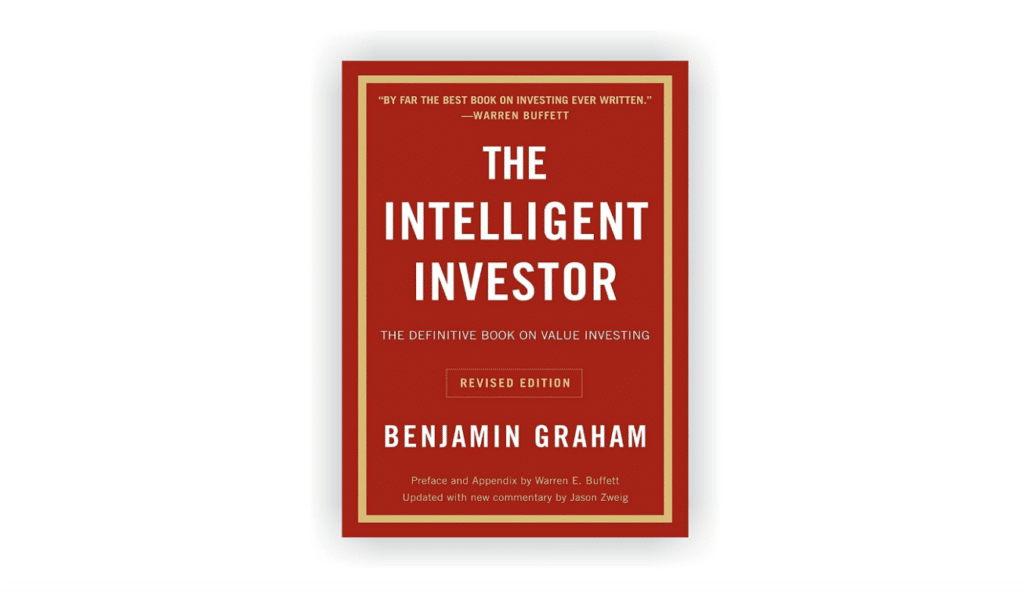
Summary:
The Intelligent Investor is a cornerstone in the field of value investing. It offers insights into the stock market, investing strategies, and the principles of Benjamin Graham, the "father of value investing".
What You'll Learn:
This book teaches risk management, investor psychology, and practical approaches to investing, emphasizing the philosophy of "value investing" – focusing on long-term, fundamental-value-based approaches rather than market trends.
Why You Should Read It:
If you want to get into or get better at investing, this book will teach you a thing (or ten).
Graham’s insights are useful for novice and experienced investors alike, targeting anyone looking to develop a disciplined approach to the stock market and financial decision-making.
Quote From The Book:
"The investor’s chief problem – and even his worst enemy – is likely to be himself."
About The Author:
Benjamin Graham was an influential economist and professional investor. Discover more about his legacy through The Heilbrunn Center for Graham & Dodd Investing. Jason Zweig, a respected financial journalist, can be followed on Twitter or via his personal website.
3. The Simple Path to Wealth by J.L. Collins
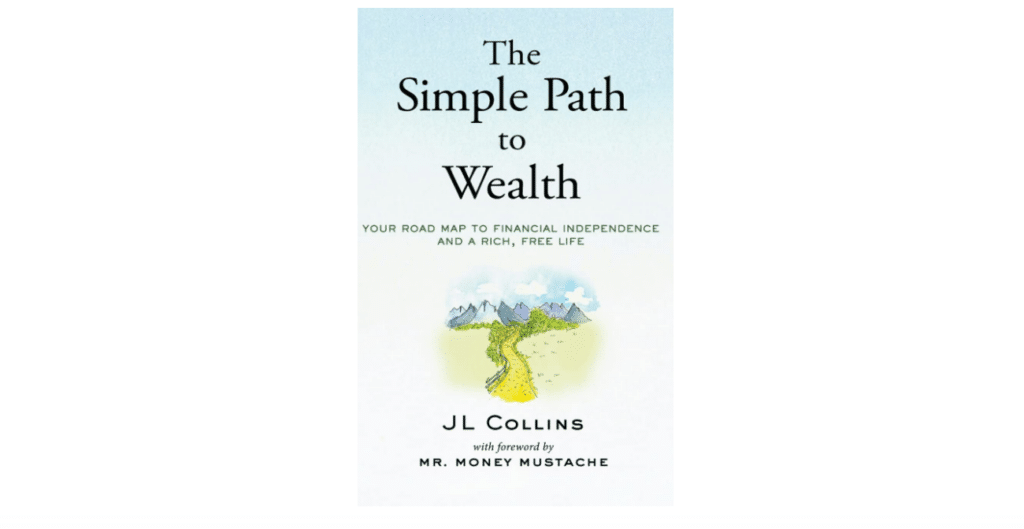
Summary:
In The Simple Path to Wealth, J.L. Collins offers a streamlined approach to wealth accumulation and financial independence, focusing on converting complex financial concepts into accessible strategies.
What You'll Learn:
The book covers investment strategies, debt management, and wealth building, advocating for simple yet effective principles to achieve financial independence and a rich life, both in terms of money and meaning
Why You Should Read It:
If you're seeking a clear, concise guide to financial freedom, this book is a good choice; emphasizing long-term investments and personal financial responsibility.
Quote From The Book:
"Your wealth is not measured by your income but by the size of your investment portfolio."
About The Author:
J.L. Collins is a noted financial blogger and speaker. Follow his insights on Twitter, or explore his financial wisdom on his blog.
4. The Millionaire Next Door by Thomas J. Stanley and William D. Danko
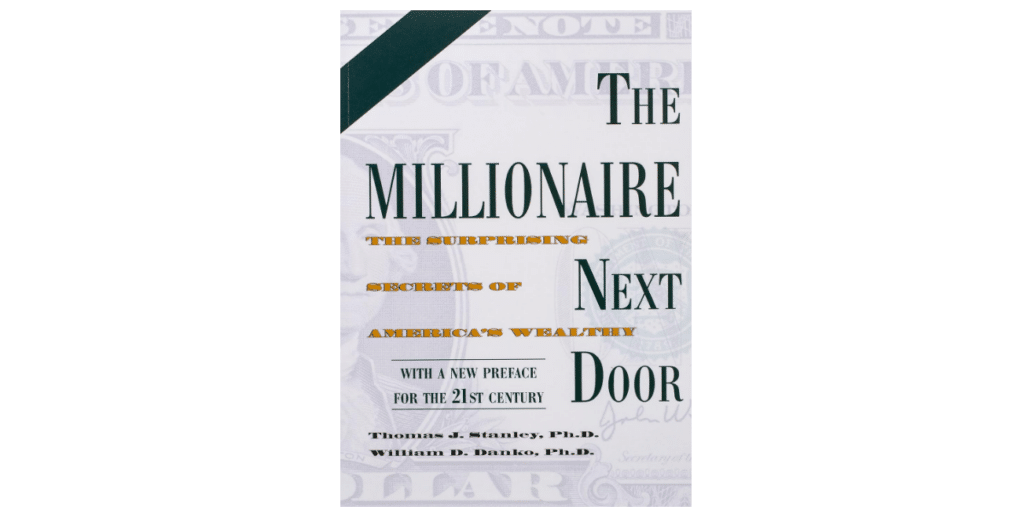
Summary:
The Millionaire Next Door reveals the common traits of America's millionaires, showing how they achieve financial success - primarily, through discipline, hard work, and smart money management.
What You'll Learn:
This book provides insights into the behaviors and lifestyle choices that lead to wealth accumulation, emphasizing frugality, strategic investment, and the avoidance of lavish spending.
Why You Should Read It:
It’s a myth-busting guide that shows how wealth in America often resides not in glamour but in hard-working, disciplined individuals who live below their means.
Spoiler: the people with fancy cars and designer clothes usually aren't the richest ones around!
Quote From The Book:
"Wealth is more often the result of a lifestyle of hard work, perseverance, planning, and, most of all, self-discipline."
About The Author:
Thomas J. Stanley was a bestselling author and an expert in the field of behavioral finance and William D. Danko is also a noted researcher and author. Explore more about Thomas and William’s works.
5. The Total Money Makeover by Dave Ramsey
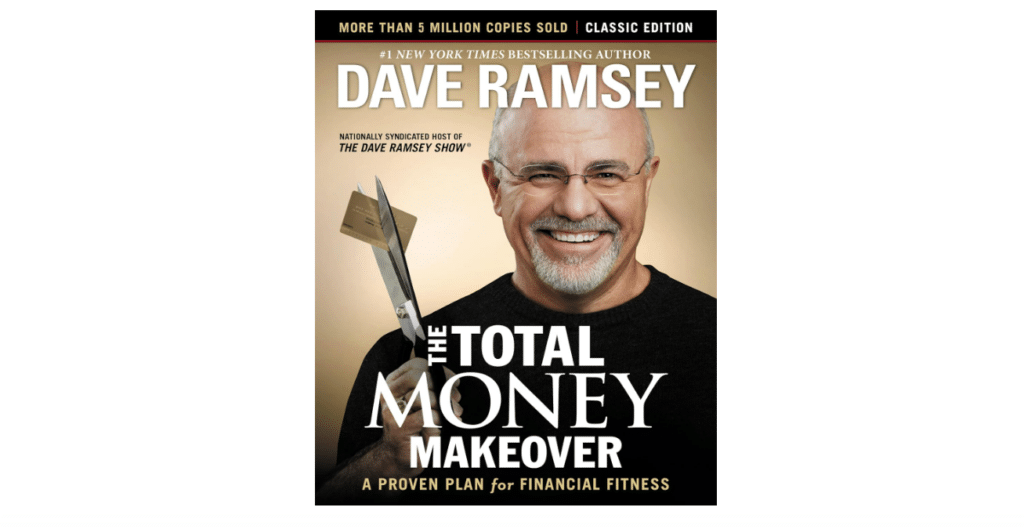
Summary:
Love him or hate him, Dave Ramsey's a top voice in personal finance for a reason. The Total Money Makeover offers a straightforward plan for achieving financial fitness through effective budgeting, debt elimination, and money management principles.
What You'll Learn:
This book guides you through a step-by-step process to take control of your finances, including creating a budget, paying off debt, and building wealth.
Why You Should Read It:
Ideal for anyone seeking a practical, no-nonsense approach to regain control of their financial life and build a solid foundation for the future.
Quote From The Book:
"A budget is telling your money where to go instead of wondering where it went."
About The Author:
Dave Ramsey is a renowned personal finance expert, podcast host, and motivational speaker. Connect with him on LinkedIn, follow him on Twitter, or visit his official website.
6. Your Money or Your Life by Vicki Robin and Joe Dominguez
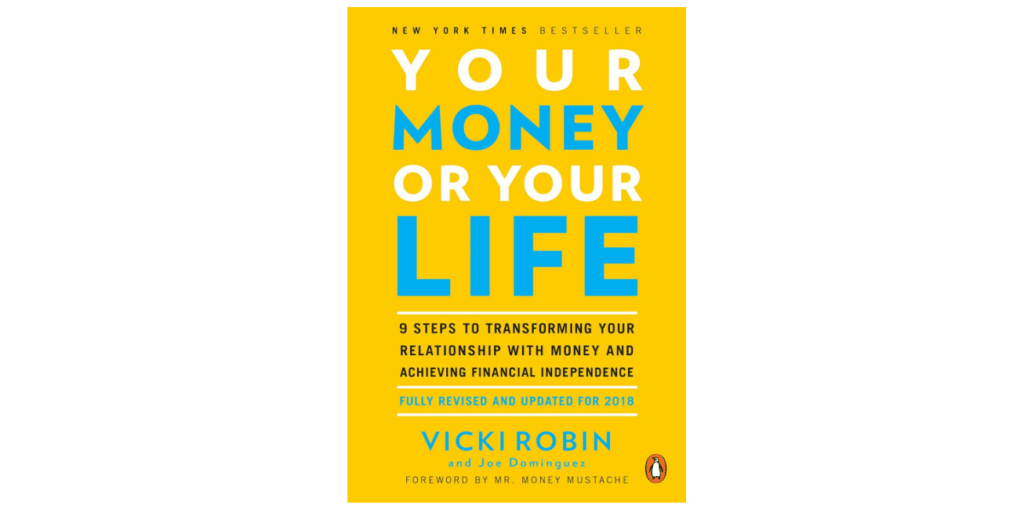
Summary:
This book is all about transformation, presenting a nine-step plan to change your relationship with money, promoting financial independence and a more meaningful life.
What You'll Learn:
How to save money, make intelligent financial choices, and invest in index funds - aka be more financially fit without having to constantly commit time to it - leading to a more sustainable and fulfilling approach to personal finance.
Why You Should Read It:
Rather than spelling out how you'll become uber-wealthy, this book aims to teach you how to escape the rat race and achieve a balance between earning, spending, and saving, with an emphasis on financial and personal freedom.
Quote From The Book:
"If you live for having it all, what you have is never enough."
About The Author:
Vicki Robin is a renowned author and speaker on financial independence and sustainable living. Connect with her on LinkedIn and Twitter or visit her personal website for more. Joe Dominguez, co-author, was a successful financial analyst who retired early and dedicated his life to teaching others about financial independence.
7. Broke Millennial by Erin Lowry
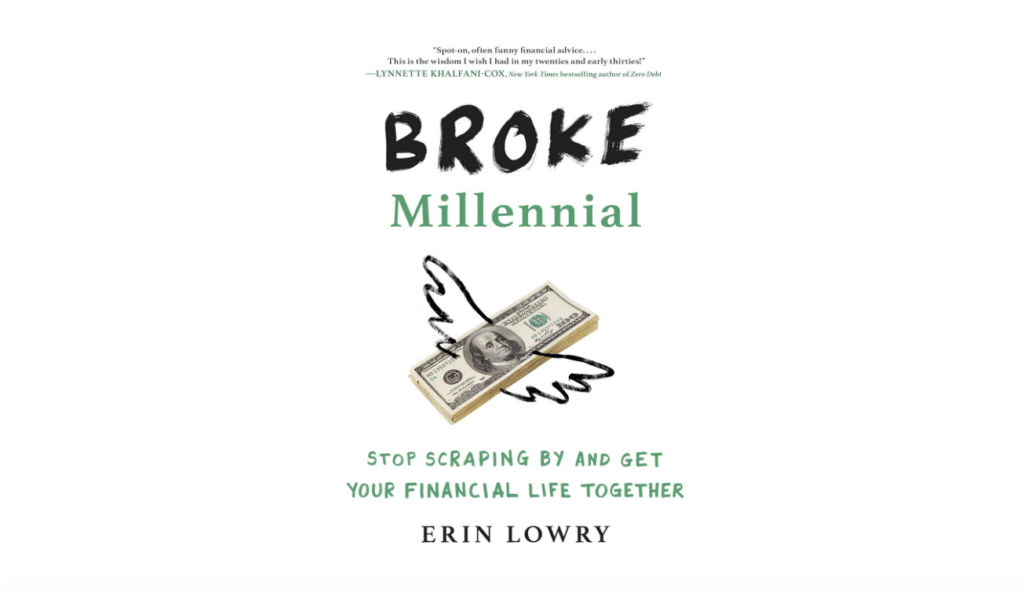
Summary:
If you're a millennial, the subtitle "Stop scraping by and get your financial life together" might feel like a diss... but it sure got your attention, didn't it?
This book teaches financial strategies for the people of today, aka the Broke Millennial, covering topics like managing student loans and making informed investment choices.
What You'll Learn:
Budgeting effectively, dealing with student loans, understanding credit card usage, and setting realistic financial goals. Aka, all the things we probably should've learned in school.
Why You Should Read It:
This is more of a relevant, specific book for young adults than some of the others on the list, teaching modern financial strategies in a more relatable way.
PS: If you're offended by the title, this book was made for you.
Quote From The Book:
"Your relationship with money is emotional, complex, and entirely personal."
About The Author:
Erin Lowry is a financial expert and acclaimed writer. Connect with her on LinkedIn, follow her on Twitter, and explore her insights on her personal website.
8. The Little Book of Common Sense Investing by John C. Bogle
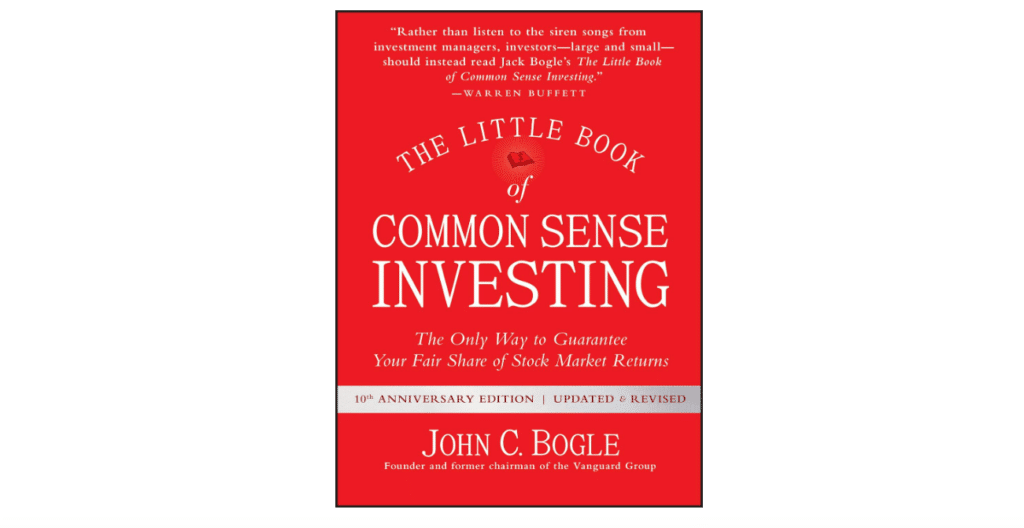
Summary:
Bogle, founder of Vanguard Group - aka, one of the biggest investment firms in the world - shares his investment strategy centered around index funds. This book is a guide to building wealth through simple yet effective investing.
What You'll Learn:
The benefits of low-cost index funds, the power of compounding, and the importance of a long-term investment perspective for building wealth.
Why You Should Read It:
If you're looking to understand the fundamentals of investment strategy without falling prey to the pitfalls of active investment and financial advisors' fees, this is a good one for you.
Heck, I worked in the world of publicly traded venture capital for years and still put most of my money in index funds.
Quote From The Book:
"The simplest and most efficient investment strategy is to buy and hold all of the nation’s publicly held businesses at very low cost."
About The Author:
John C. Bogle was a renowned financial expert and the founder of The Vanguard Group. Aka, Smart Guy.
9. I Will Teach You to Be Rich by Ramit Sethi
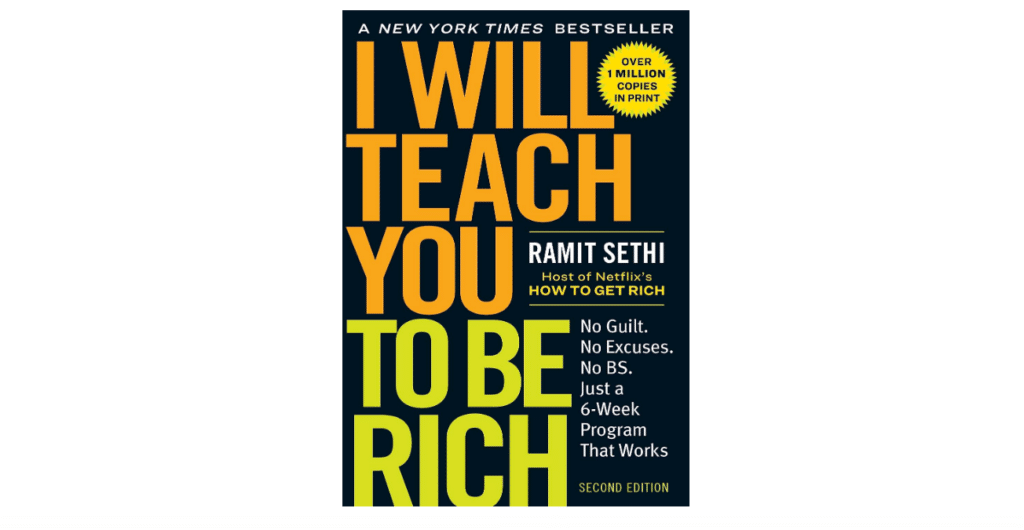
Summary:
Sethi's I Will Teach You to Be Rich is a no-nonsense guide to personal finance. It provides a 6-week plan for financial success, addressing budgeting, saving, investing, and negotiating.
What You'll Learn:
The book teaches practical strategies for automating your finances, smart investment tactics, handling credit cards wisely, and how to negotiate like a finance expert.
Why You Should Read It:
It's a New York Times bestseller that combines financial advice with a witty, engaging style, making it an easy-to-digest read for anyone who wants to level up their financial knowledge.
Quote From The Book:
"Spend extravagantly on the things you love, and cut costs mercilessly on the things you don’t."
About The Author:
Ramit Sethi is a renowned personal finance advisor and entrepreneur. Learn more about his work on LinkedIn and follow him on Twitter
10. A Random Walk Down Wall Street by Burton G. Malkiel
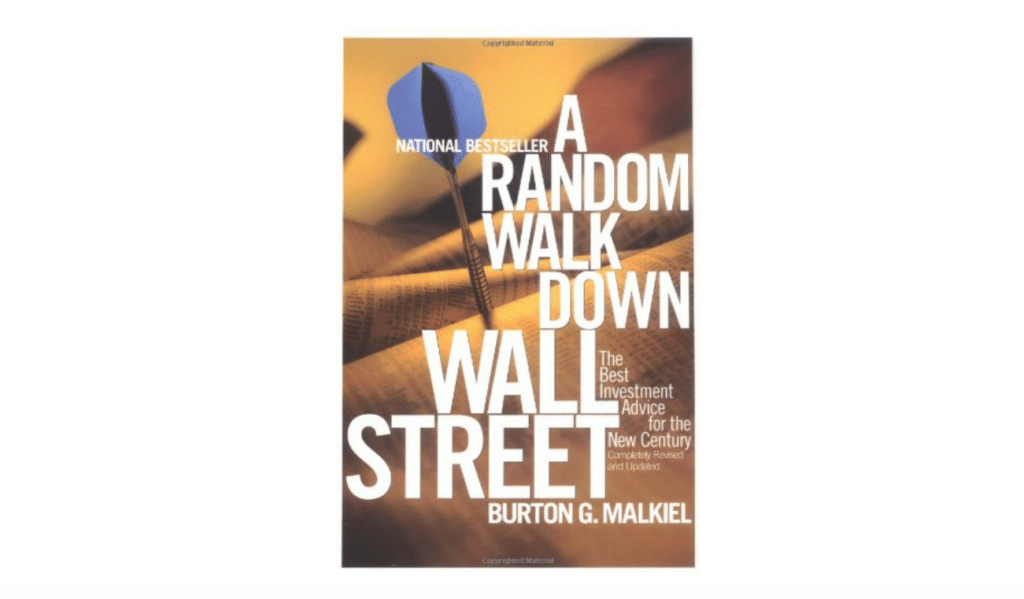
Summary:
Malkiel's book blends practical financial advice with insights into market behavior. It simplifies various investment strategies and the stock market.
What You'll Learn:
You'll be getting an in-depth look at different investment avenues, including stocks, bonds, and real estate, as well as an introduction to the concept of the 'random walk hypothesis' in the stock market.
Why You Should Read It:
If you want to get serious about investing and develop a strategy that works and is sustainable for your lifestyle, your research should start here.
Quote From The Book:
"A blindfolded monkey throwing darts at a newspaper's financial pages could select a portfolio that would do just as well as one carefully selected by experts."
About The Author:
Burton G. Malkiel is an esteemed economist and financial expert. Explore his professional insights through his Princeton Faculty profile.
11. The Richest Man in Babylon by George S. Clason
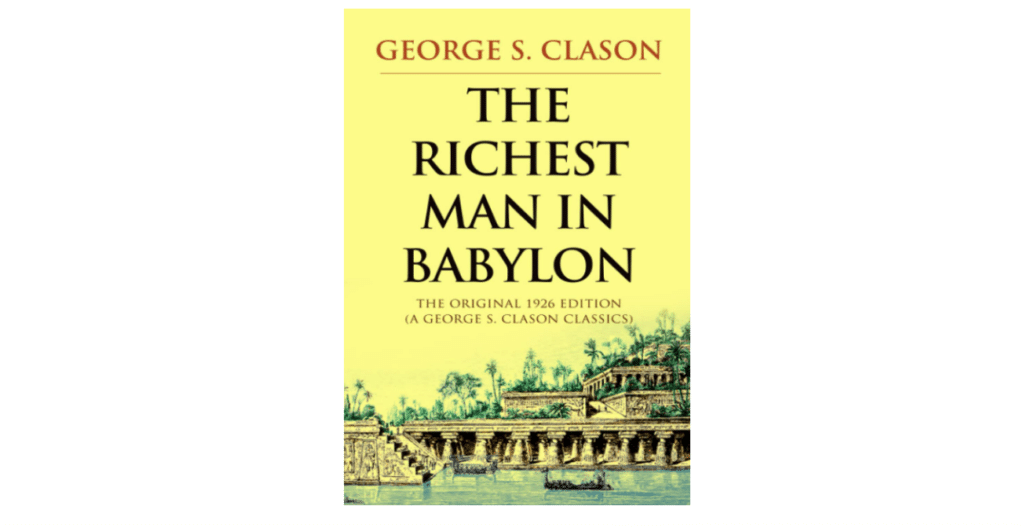
Summary:
This classic book from 1926 - crazy, right? - delivers timeless wisdom through parables set in ancient Babylon. It offers simple yet profound lessons in financial wisdom and wealth accumulation.
What You'll Learn:
Clason covers key principles of financial success such as saving, investing wisely, and living within one’s means, all conveyed through engaging historical anecdotes.
Why You Should Read It:
If the straightforward advice is a bit too dry (and boring) for you, this is a good substitute. You learn the basics alongside stories that help you remember them.
Quote From The Book:
"Wealth, like a tree, grows from a tiny seed."
About The Author:
George S. Clason was a prolific writer and a pioneer in creating informative pamphlets on money management. Learn more about his work through his Goodreads profile.
12. The Automatic Millionaire by David Bach
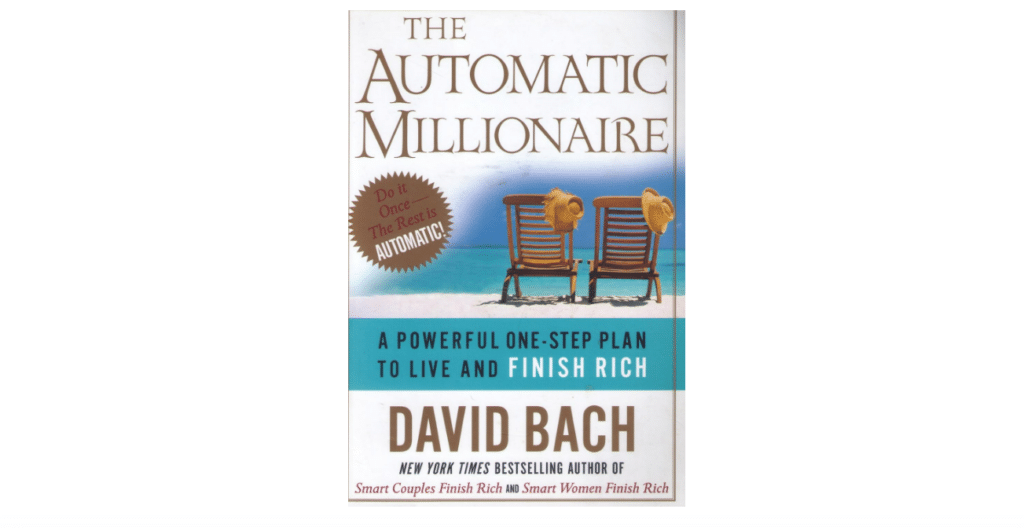
Summary:
Bach says becoming a millionaire is a one-step process, so he shows you how to develop a straightforward approach to building wealth over time without budgeting, earning a high income, or possessing extraordinary willpower.
What You'll Learn:
The book highlights the power of automating your finances, from saving to investing, in order to grow your wealth and achieve your long-term financial goals.
Why You Should Read It:
If you want practical advice on wealth accumulation that emphasizes the importance of making smart financial decisions early and consistently, this is a good one for you.
Quote From The Book:
"The fact is, none of us really has a choice: we are all playing the money game whether we want to or not. The only question is: Are we winning?"
About The Author:
David Bach is a well-known financial author and speaker. Connect with him on LinkedIn, follow him on Twitter, and visit his official website for more resources.
13. The Snowball: Warren Buffett and the Business of Life by Alice Schroeder
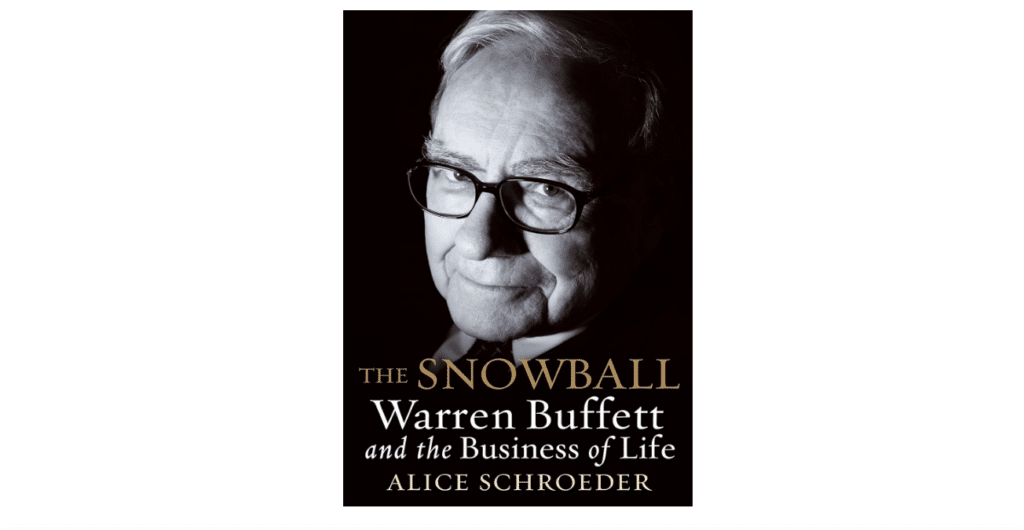
Summary:
The name Buffett is synonymous with "filthy rich"; this book provides an in-depth, meticulously researched account of Warren Buffett's life and career to offer insights into his unique investment strategies and business philosophies.
What You'll Learn:
Buffett's approach to investing, his decision-making process, and how he built his fortune. Plus, some of Buffett's biggest life lessons and principles of success.
Why You Should Read It:
This book is a comprehensive biography of one of the greatest investors of our time, filled with lessons applicable both in business and personal finance.
Quote From The Book:
"Life is like a snowball. The important thing is finding wet snow and a really long hill."
About The Author:
Alice Schroeder is a former insurance analyst and a talented writer. Learn more about her on LinkedIn and her work through her Bloomberg profile.
14. The One-Page Financial Plan by Carl Richards
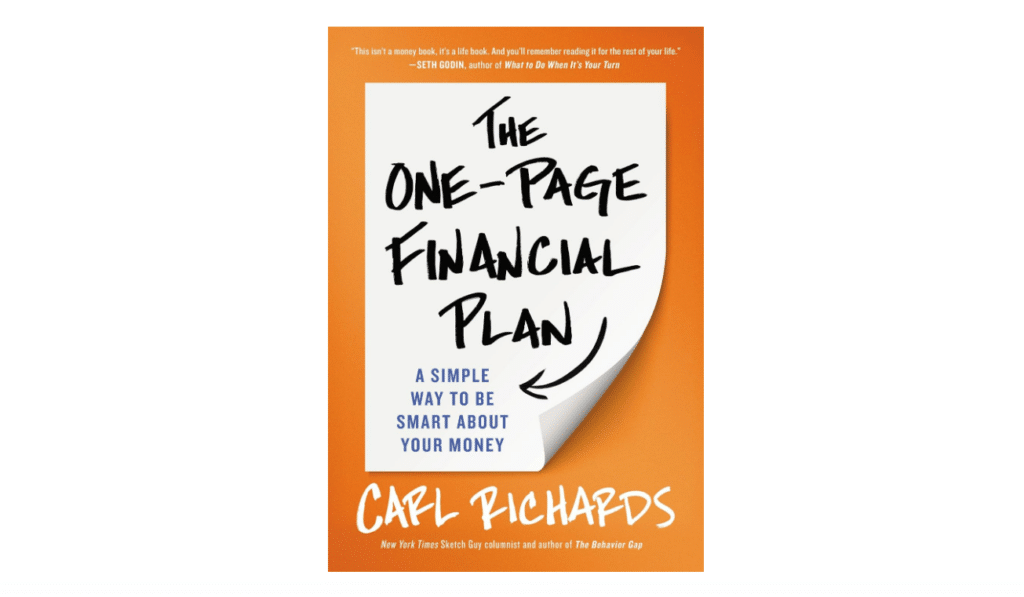
Summary:
Carl Richards simplifies financial planning in The One-Page Financial Plan, focusing on the importance of understanding your personal values and goals to make smarter money decisions.
What You'll Learn:
How to create a straightforward financial plan on a single page, aligning your money management with your life's values and goals.
Why You Should Read It:
If you're overwhelmed by complex financial advice and seeking a more accessible, value-driven approach to personal finance, Richards has you covered.
Quote From The Book:
"The point isn’t to solve for precise answers; it’s to give you a clear direction for moving forward."
About The Author:
Carl Richards is a financial planner and the creator of the "Sketch Guy" column in The New York Times. Connect with him on LinkedIn, follow him on Twitter, and visit his official website.
15. Retire Before Mom and Dad by Rob Berger
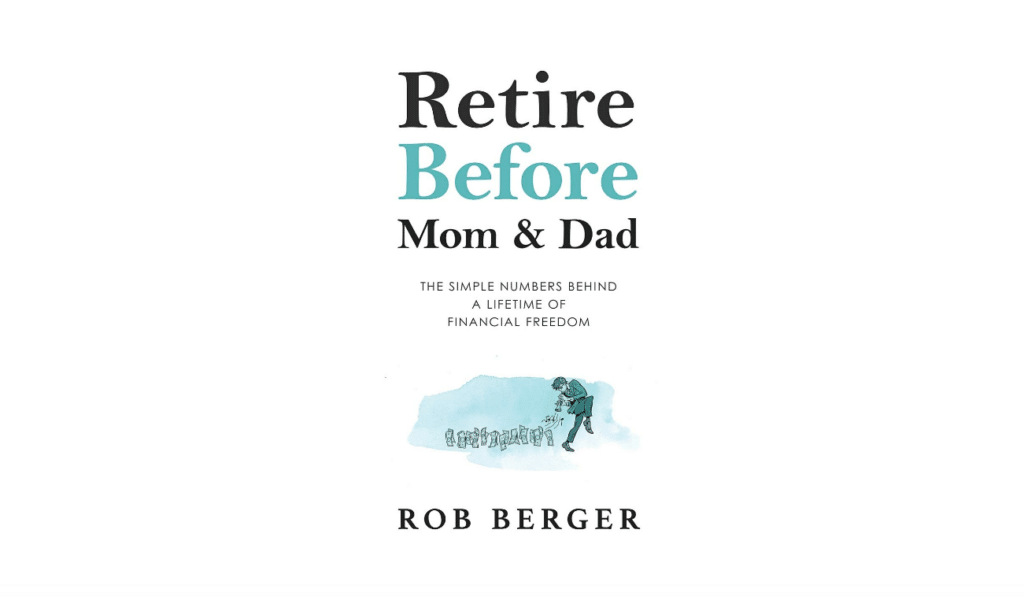
Summary:
In Retire Before Mom and Dad, Rob Berger offers a guide to achieving financial independence early in life, focusing on practical steps to grow wealth through saving and investing.
What You'll Learn:
Fundamental concepts of personal finance, investment strategies, and the power of compounding to help readers retire earlier than they might think possible.
Why You Should Read It:
It's a good read for those aiming for early retirement, providing clear, actionable advice on wealth-building on a timeline.
Quote From The Book:
"Financial freedom is about having more choices."
About The Author:
Rob Berger is a deputy editor at Forbes and a former litigator. Discover more about his insights in finance on Forbes and connect with him on LinkedIn.
16. The Financial Diet by Chelsea Fagan and Lauren Ver Hage
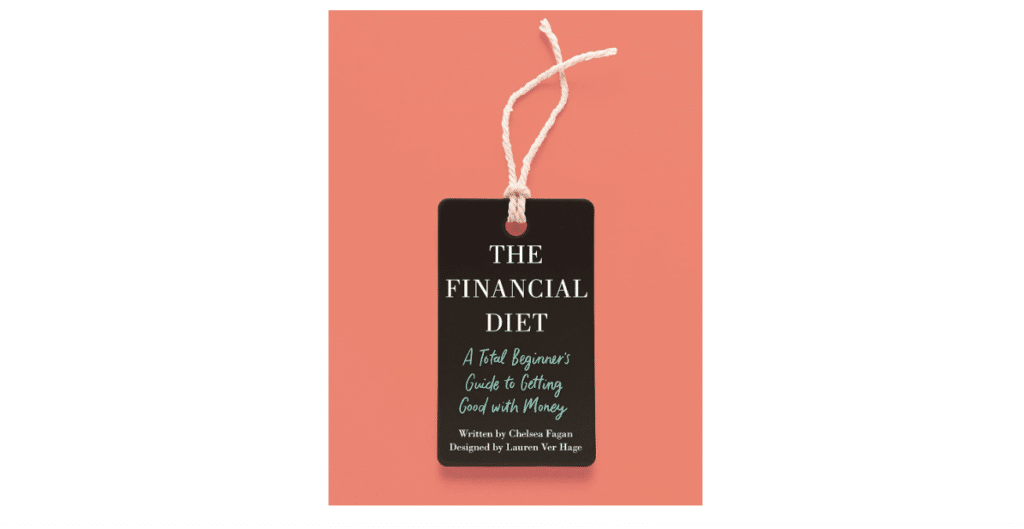
Summary:
The Financial Diet is an approachable guide to personal finance, tailored for beginners. It covers everything from budgeting and investing to personal style and career advice, all in a friendly, conversational tone.
What You'll Learn:
Simple steps for managing money, improving your net worth, and making smart financial decisions. It also addresses lifestyle aspects like cooking, home decorating, and career development on a budget.
Why You Should Read It:
Perfect for those who want to get serious about their finances but don't want to read a finance book.
Quote From The Book:
"Budgeting is simply making sure that you’re spending less than you earn."
About The Author:
Chelsea Fagan is the founder of The Financial Diet. Connect with her on LinkedIn, follow her on Twitter, and explore more on The Financial Diet website. Lauren Ver Hage is the co-founder and creative director, and her portfolio can be explored on her LinkedIn profile.
17. Think and Grow Rich by Napoleon Hill
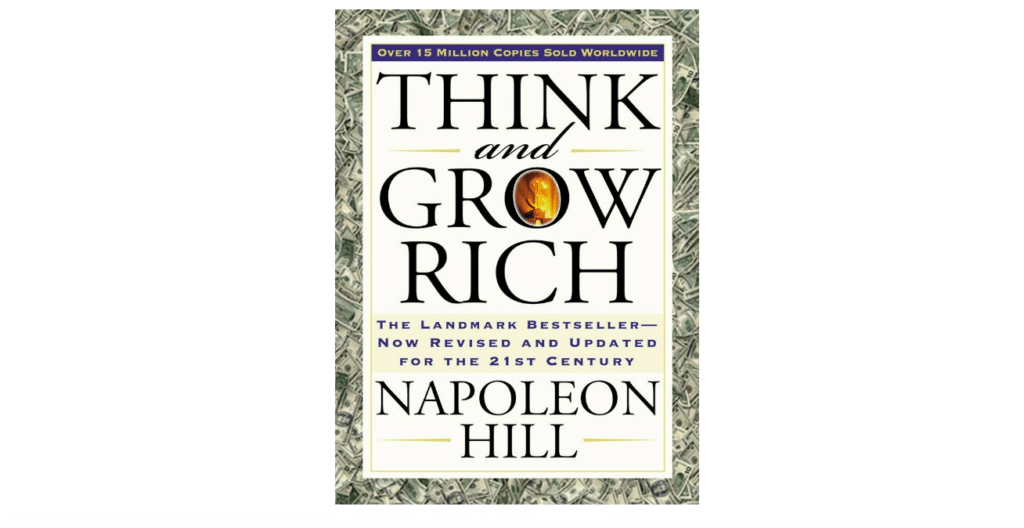
Summary:
Think and Grow Rich is a timeless self-help book by Napoleon Hill, focusing on the principles of success and wealth accumulation.
It’s based on Hill’s study of the habits of millionaires and condenses their "secrets of success" into clear, actionable principles.
What You'll Learn:
Hill's "13 Steps to Riches", including concepts like desire, faith, autosuggestion, and the power of the mastermind.
In other words, how to develop a mindset that'll help you become rich.
Why You Should Read It:
I'm not a big fan of this one but hey, people love it for a reason.
If you're interested in personal development and the psychology of making money, it's a good one for you.
Quote From The Book:
"The starting point of all achievement is desire."
About The Author:
Napoleon Hill was a pioneering American self-help author. Learn more about his influence and legacy at the Napoleon Hill Foundation website.
Further Reading
Here are some other lists of top finance books:
- Essential CFO books providing insights and strategies for Chief Financial Officers
- In-depth corporate finance books exploring corporate financial management and strategies
- Comprehensive accounting books or accounting books for small business covering various aspects of accounting principles and practices
- Useful finance books for beginners and accounting books for beginners introducing fundamental finance concepts
- Insightful books on SaaS finance covering financial management for software-as-a-service companies
Summary
While this list covers a lot of ground, there's always more to discover, like the finance books tailored to beginners or, conversely, the ones that CFOs will find valuable.
I'm always needing new books to check out, so let me know about any gems I might have missed via email or on social media.
If you want to learn more about the world of corporate finance, our newsletter covers the most important, impactful, and game-changing trends happening in the world of business finance right now; subscribe to make sure you don't miss a thing.


